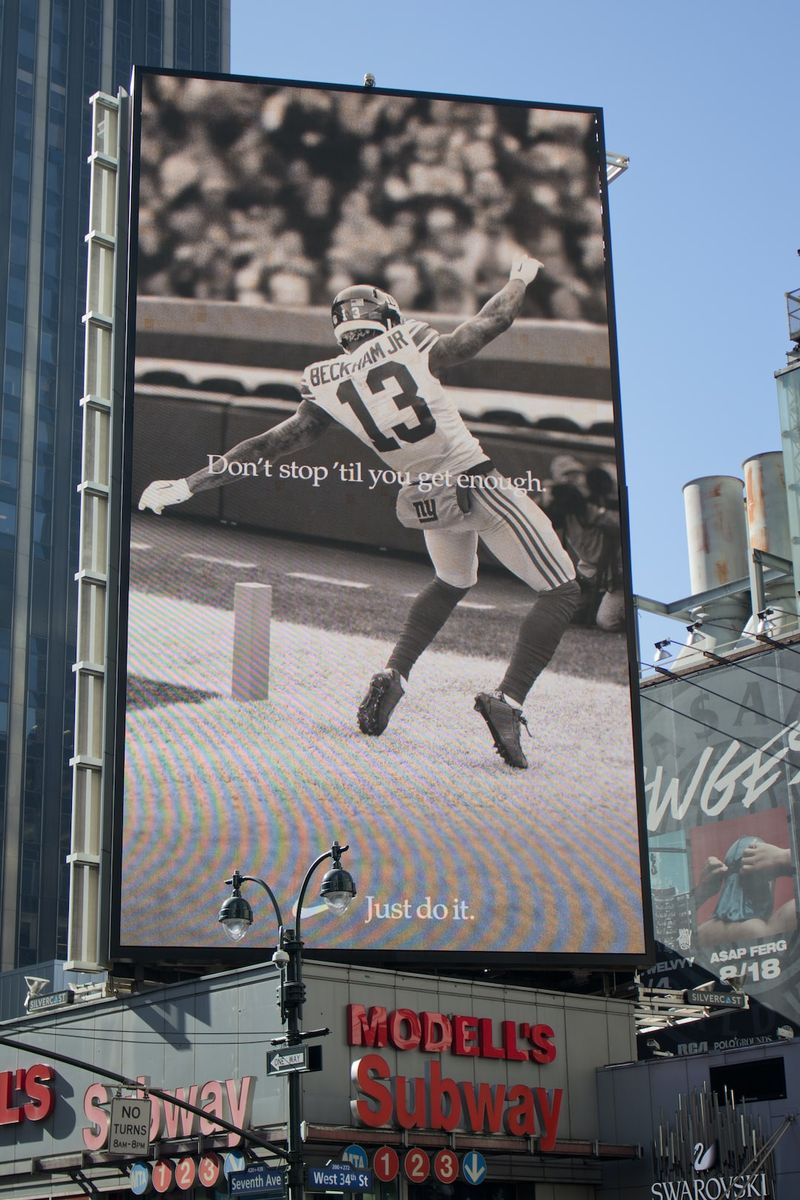Scuffle between Trent Williams and A’Shawn Robinson Raises Questions of Fairness in NFL Ejections
In a recent game between the San Francisco 49ers and the New York Giants, a scuffle broke out between Niners left tackle Trent Williams and Giants defensive tackle A’Shawn Robinson. Both players were penalized for unnecessary roughness, but the Giants were left wondering why Williams wasn’t ejected for throwing a punch to Robinson’s facemask. The incident has raised questions about the fairness of ejections in the NFL and the criteria used by officials to determine the severity of an offense.
Reviewing the Play
After the game, NFL senior vice president of officiating Walt Anderson explained that his crew reviewed the incident using available video footage to assess whether any further action needed to be taken. According to Anderson, the officials did not see conclusive evidence that Williams threw a closed-fist punch, which would have carried more weight in terms of determining whether he should be disqualified from the game.
This begs the question of how officials determine the level of flagrancy in a punch. Anderson stated that it depends on whether the punch was thrown with a closed fist, an open-hand slap, or a stiff-arm to the face. A closed-fist punch is considered to be more severe. However, in the case of Williams and Robinson, the officials did not have a replay angle that provided them with definitive evidence of a closed-fist punch.
What Constitutes a “Love Tap”?
Williams, when asked about the incident, downplayed the severity of his actions, referring to it as a “love tap” and expressing doubt that he would be fined for it. It is worth questioning whether this response undermines the NFL‘s commitment to player safety and discipline. While Williams may view his actions as a minor altercation, it is crucial for the league to maintain a consistent standard in addressing such incidents.
The Role of Ejections in Regulating Behavior
The purpose of ejecting players for unsportsmanlike conduct is to discourage and punish behavior that undermines the integrity and safety of the game. By removing a player from the competition, it sends a strong message that such actions will not be tolerated. However, when ejections are not consistently applied, it can create a perception of unfairness and inequity.
It is essential for the NFL to carefully consider the criteria used to determine ejections and ensure that officials have access to the necessary technology and angles to make accurate assessments. The league should also provide clearer guidelines to officials about what constitutes a closed-fist punch and improve the process for reviewing such incidents during a game.
Editorial: Striking a Balance between Fairness and Discipline
The incident between Trent Williams and A’Shawn Robinson highlights the challenges faced by the NFL in maintaining fairness and discipline on the field. While it is crucial to hold players accountable for their actions, it is equally important to ensure that the punishment fits the offense.
One could argue that the NFL should err on the side of caution and eject players when there is any doubt about the severity of their actions. This would send a clear message that punches or any form of unsportsmanlike behavior will not be tolerated. However, such a stance could also lead to controversial ejections based on subjective interpretations by officials.
Alternatively, the NFL could invest in better technology and camera angles to provide officials with the necessary evidence to make accurate assessments in real-time. This would enable them to apply consistent standards and reduce the perception of biased judgments.
Ultimately, striking a balance between fairness and discipline requires a thoughtful and thorough approach. The league must update its guidelines for determining flagrancy and provide officials with the tools they need to make informed decisions. It is also essential for players to recognize their responsibility in upholding the integrity and sportsmanship of the game.
Conclusion: Moving Forward with Clarity and Consistency
The incident between Trent Williams and A’Shawn Robinson serves as a reminder that the NFL must continuously refine its protocols for handling unsportsmanlike behavior. By establishing clearer guidelines and equipping officials with the necessary resources, the league can create a fair and consistent system for addressing such incidents.
Furthermore, players should be held accountable for their actions and understand the consequences of their behaviors. It is not enough to dismiss punches as “love taps” or claim ignorance about the incident. The NFL must educate players about the importance of sportsmanship and the impact their actions can have on the game and its perception.
Ultimately, the goal should be to create an environment where players can compete fiercely but within the boundaries of fair play. It is through consistent and equitable enforcement of rules that the NFL can preserve the integrity of the game and ensure the safety and enjoyment of all involved.

<< photo by Yüksel Göz >>
The image is for illustrative purposes only and does not depict the actual situation.
You might want to read !
- The Big Test: Governor Hochul Calls on New Yorkers to Brace for Potential Challenges
- The Charges Against Sen. Bob Menendez: A Closer Look at the Bribery Inquiry
- Exploring the Relationship: Unmasking Daniel Jones’ Girlfriend, Ella Bonafede
- Rookie Sensation Ronnie Bell Propels the 49ers to an Early Lead
- Exploring the New Features of Starfield Update 1.7.29
- The Rekindling of Love: Ashanti and Nelly Confirm their Reunion
- Fact Check: Uncovering the Truth Behind the Alleged Laughter of the Cop Who Killed Jaahnavi Kandula




